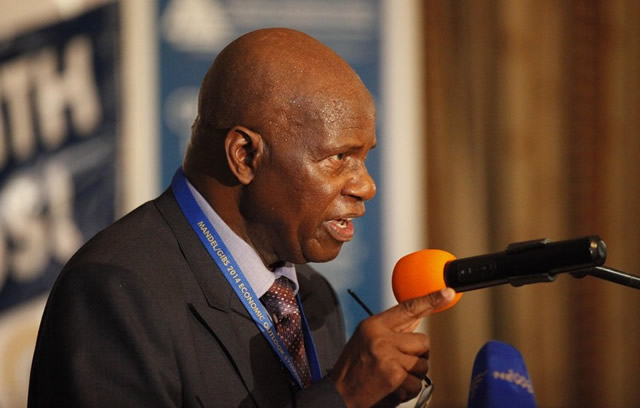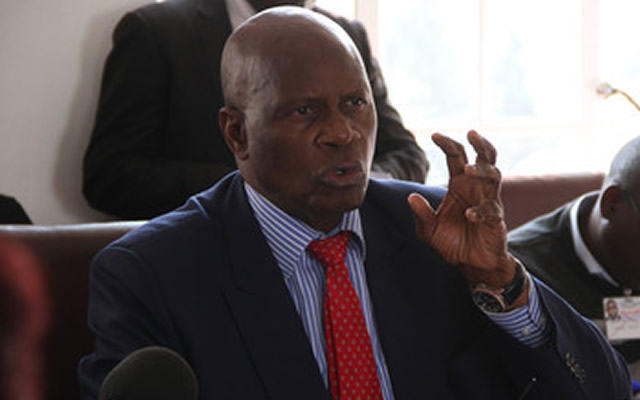Pool resources, region urged

Business Reporter
THE southern African region faces poverty challenges and infrastructure deficits but pooling of resources among countries to implement projects, particularly those that improve connectivity, will stimulate economic growth and development within the expanse. Financing requirements for implementing large infrastructure projects are too large to be met by each individual country, said Finance and Economic Development Minister Patrick Chinamasa.
Minister Chinamasa was officially opening the Macroeconomic and Financial Management Institute of Eastern and Southern Africa Combined Forum for Ministers, Governors and Secretaries of finance and of economic planning held in Washington DC, US, last week.
“Therefore, there is the need for our countries to step-up efforts of jointly implementing projects, particularly those that improve connectivity between countries so as to boost trade in goods and services,” he said.
The theme for this year’s Combined Forum was “Stimulating Opportunities for Growth and Development in Eastern and Southern Africa”. Minister Chinamasa said the numerous challenges that affect the attainment of the individual countries’ shared goals of economic growth and poverty reduction in the region can only be countered by regional integration.
He said the attainment of poverty reduction is not only shaped by the countries’ own national policies but also regional and international factors.
One of the topics under discussion was on “Opportunities and Constraints for Cross Border Infrastructure Development”.
Infrastructure has played a significant role in Africa’s recent economic recovery, and will continue to be important if the continent’s development targets are to be reached, according to a recent World Bank report.
Most African countries are facing significant challenges to develop infrastructure in key sectors such as energy, roads and railways.
“The pooling of resources among the countries to implement such projects is a viable and cost effective option for addressing the infrastructure challenges in the region. Certainly, this strategy provides enormous potential to stimulate economic growth and development within the region as well as across the borders,” said Minister Chinamasa.
Simulations by the World Bank suggest that if all African countries were to step up their infrastructure development agenda to the levels attained by countries such as Mauritius and South Korea, per capita economic growth in Africa could increase by between 2,2 and 2,6 percentage points per year respectively.
During the forum, the Ministers and Governors also discussed policies for attracting and managing foreign direct investment as Africa’s share of global foreign direct investment reached about 5,7 percent in 2013, which is the highest level in a decade, according to Ernst and Young’s 2014 Africa Attractiveness Survey.
The main factors behind this improvement are strong macroeconomic growth and outlook, improving business environment, rising consumer class, abundant natural resources, demographic dividend and infrastructure development, according to Minister Chinamasa.









Comments